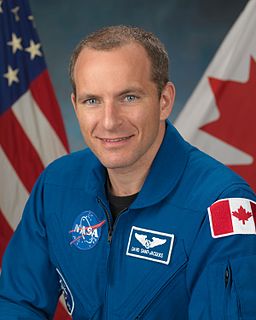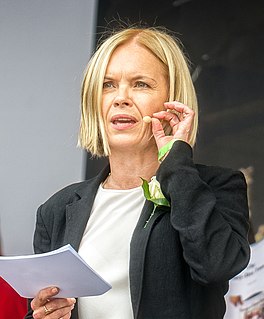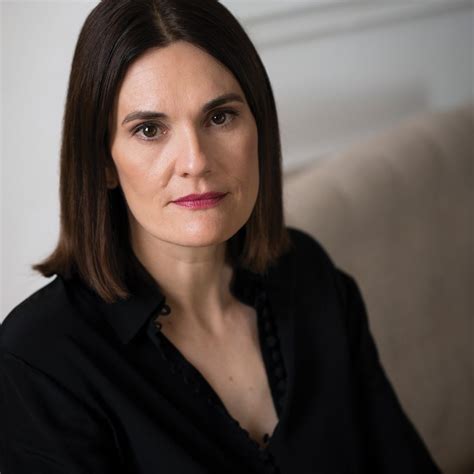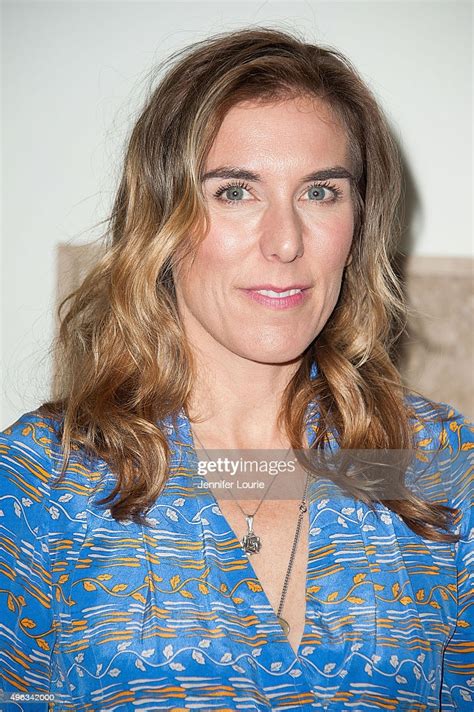A Quote by James Nesbitt
What I discovered all over Ireland is that people living simple lives by the sea or in the remote countryside seem a lot calmer than city folk with their iPads and their Android phones.
Related Quotes
Space is our tool to take care of the world. From space, we know the Earth is fragile, and we can follow oil spills and forest fires, and monitor the environment and save it. The needs of remote communities and the needs of astronauts are similar. Canada is a country that is big and has a lot of people living in faraway places. Physicians in remote areas need to have contact with more senior colleagues. We depend on telehealth for advice, X-rays, labs. At the most simple technical level, space technology contributes to remote health care.
I was filming a movie in London, and I drove through Ireland. It was quite beautiful, and the countryside was really remarkable. The contrast between the countryside and Ireland, and the murals there, with Northern Ireland still being a part of the United Kingdom, there's just a stark contrast in those two things. And I found that the art that came out of the conflict was really spectacular because it was about remembering either events or points of view for local neighborhoods, or the rallying cries of one side against the other.
Ultimately, application vendors are driven by volume, and volume is favored by the open approach Google is taking. There are so many manufacturers working so hard to distribute Android phones globally that whether you like [Android 4.0] or not, you will want to develop for that platform, and perhaps even first.
We're excited by the success of WhatsApp on top of Android. Amazon brings services like Kindle on top of Android. It's a competitive world and a lot more complex than people realize. When you run a platform on scale, you have to make sure it's truly open. That way, not only do you do well, so do others.
He [Alan Lomax] started right off trying to find people who could introduce folk songs to city people. He found a young actor named Burl Ives and said, "Burl, you know a lot of great country songs learned from your grandmother, don't you know people would love to hear them?" He put on radio programs. He persuaded CBS to dedicate "The School of the Air" for one year to American folk music. He'd get some old sailor to sing an old sea shanty with a cracked voice. Then he'd get me to sing it with my banjo.
"Do you have information that there's an android in the cast? I'd be glad to help you, and if I were an android would I be glad to help you?" "An android," he said, "doesn't care what happens to another android. That's one of the indications we look for." "Then," Miss Luft said, "you must be an android."


































